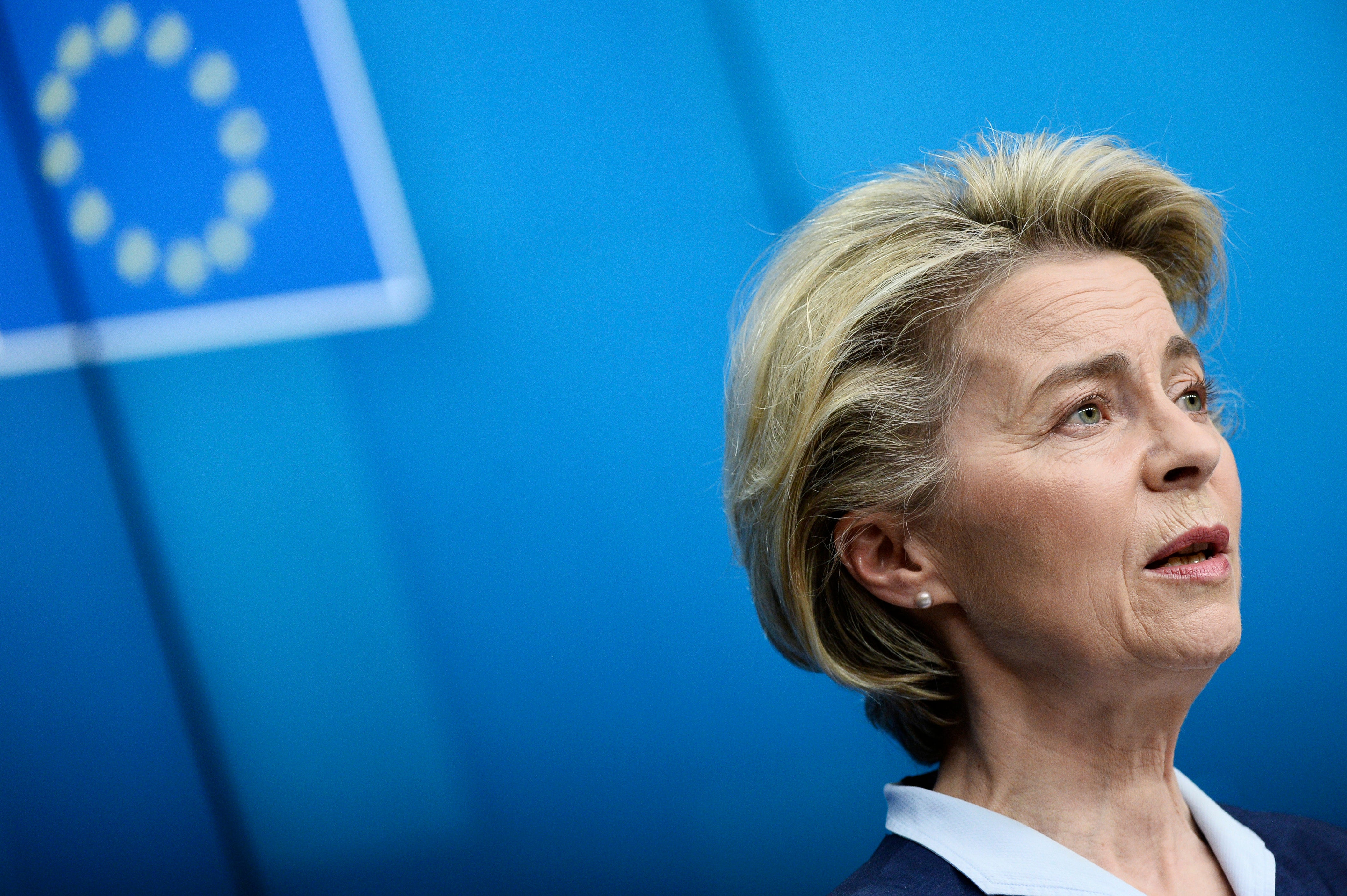EU proposes fix for gender pay gap: Show me the money!
The European Union executive wants to force employers to be much more open about how much their staff earn to make it easier for women to challenge wage imbalances and close the gender pay gap

Your support helps us to tell the story
From reproductive rights to climate change to Big Tech, The Independent is on the ground when the story is developing. Whether it's investigating the financials of Elon Musk's pro-Trump PAC or producing our latest documentary, 'The A Word', which shines a light on the American women fighting for reproductive rights, we know how important it is to parse out the facts from the messaging.
At such a critical moment in US history, we need reporters on the ground. Your donation allows us to keep sending journalists to speak to both sides of the story.
The Independent is trusted by Americans across the entire political spectrum. And unlike many other quality news outlets, we choose not to lock Americans out of our reporting and analysis with paywalls. We believe quality journalism should be available to everyone, paid for by those who can afford it.
Your support makes all the difference.The European Union executive wants to force employers to be much more open about how much their staff earn to make it easier for women to challenge wage imbalances and close the gender pay gap.
Even though the gender pay gap across the 27-nation bloc has been reduced to 14% for people doing exactly the same work, the European Commission wants to eliminate the disparity by imposing specific rules to make pay levels public.
“For equal pay, you need transparency. Women must know whether their employers treat them fairly," said EU Commission President Ursula von der Leyen.
Since its inception in 1957, the European Union has sought to end such gender bias, but progress has been slow over the decades. When it comes to pension rights, reflecting working conditions of the past 30 to 40 years, the gender gap still stands at 30%.
Wage conditions and scales in Europe have long been shrouded in secrecy, which has helped extend inequality and proved to be a big hurdle for those demanding pay justice.
It is exactly that point that the Commission wants to hit. “Employers must become more transparent about their pay policies. No more double standards, no more excuses," said EU Vice President Vera Jourova.
Last year, using data from the EU’s statistical office, the European Trade Union Confederation said women would have to wait another 84 years to achieve equal pay at the current pace of change.
Under the commission's proposals, employers would have to give information about initial pay levels in the vacancy announcement and ahead of the job interview, during which employers will not be allowed to ask about applicants' previous pay grades.
Employees will be allowed to ask employers on the average pay levels by gender for people doing the same work.
And to put more pressure on big companies, the proposal forces firms with more than 250 employees to publish information about any gender pay gap.
If women remain underpaid, the commission wants them to be able to get back pay and it wants to burden of proof to be on employers, not the women challenging them.
The proposal now goes to the European Parliament and EU countries for further discussion before it can be approved.
The announcement came ahead of International Women's Day next Monday.
The EU noted that women had been disproportionally affected by the pandemic, many having to add more home tasks to their work schedule because of the closure of schools and day care centers.
“The COVID-19 pandemic has not only consolidated injustices and inequalities that already existed in our societies, it is also likely to wipe out decades of achievements by women, on progresses in the labor market," said European Parliament President David Sassoli.